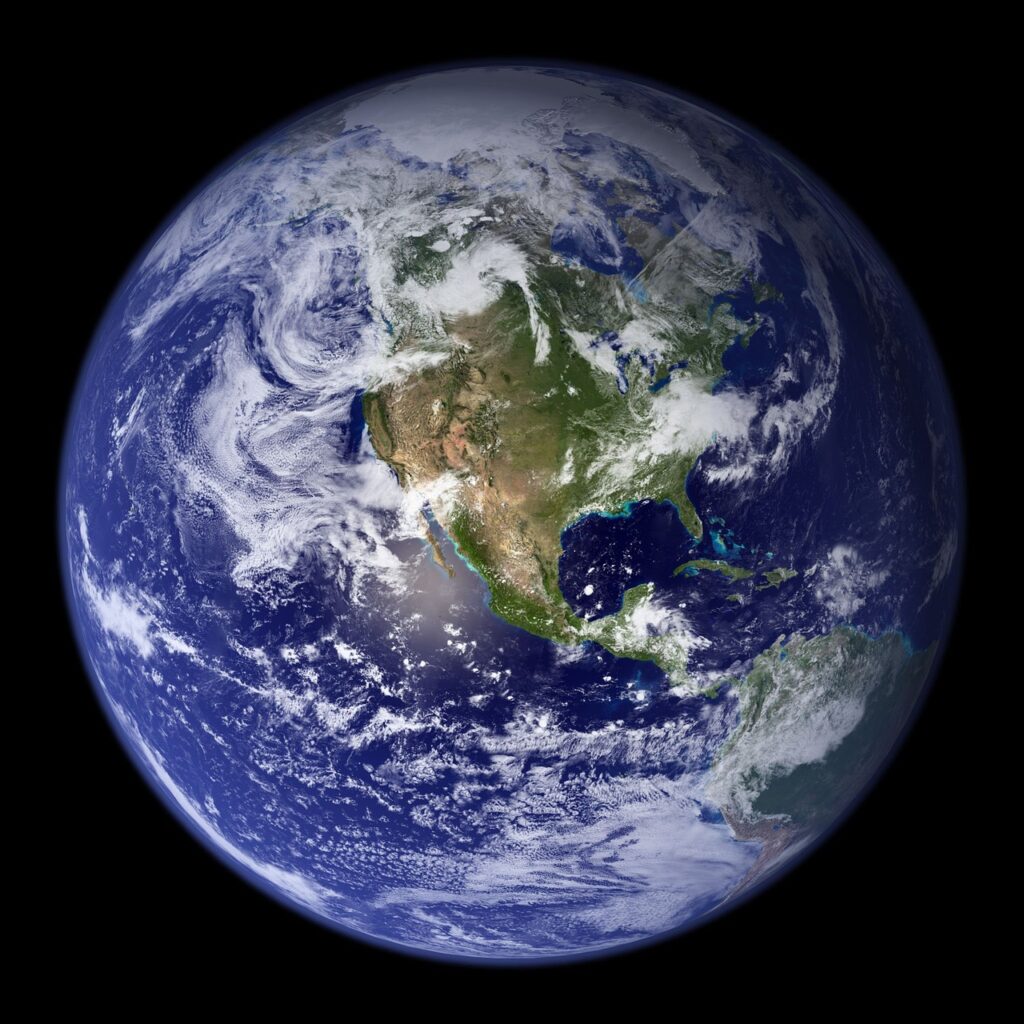Ina Klubb
Ina Klubb was raised in the snow-covered wilds of Swedish Lapland, her roots deep in the indigenous Sámi culture. As a child, she helped her family herd reindeer across the vast, rugged landscapes, learning early on about the delicate balance between humans, animals, and nature. This upbringing has profoundly shaped her life’s work, where sustenance, survival, and sustainability are more than just concepts—they are practices she has lived and studied since childhood.
A wildlife ecologist with a special focus on traditional ecological knowledge, Ina’s life philosophy is simple: “Only use what you need, use all of it, and replenish what you take.” These values are reflected in every aspect of her research. Her work revolves around understanding how ecosystems can thrive sustainably and how human communities can live symbiotically with the natural world. Drawing from her Sámi heritage, she applies the principles of non-wasteful living and respectful use of resources to modern conservation practices, aiming to restore and preserve wildlife populations while ensuring that natural resources are used responsibly.
Ina pursued her doctoral studies in Sweden, focusing on the relationship between large herbivores like reindeer and their environment, as well as the broader impacts of climate change on Arctic ecosystems. Now, as part of Naturishly, she is a strong advocate for sustainable wildlife management practices and cultural preservation. Her goal is to bridge indigenous wisdom and contemporary ecological science to forge a future where wildlife and human communities coexist in harmony.
In the office, Ina brings a certain calm, balanced energy—probably a byproduct of spending much of her life in wide-open spaces, observing the ebb and flow of nature. When something goes awry, she’s quick to remind us all, “It’s all part of the cycle.” Her quiet but strong presence is a grounding force within the team, even as she urges us to consider the bigger picture of our work and the wider world we live in. There’s a wisdom in her voice that makes it clear she doesn’t just study ecosystems—she’s lived one.
Top Environmental Wishes
- Wildlife conservation informed by indigenous practices and traditions
- Re-establishment of symbiotic relationships between people and wildlife
- Global adoption of zero-waste lifestyles
- Expanded and maintained wildlife corridors
- Greater collaboration between scientists and indigenous peoples
Top Environmental Tips
- Adopt a Zero-Waste Lifestyle
- Sustainable Foraging
- Support Indigenous Conservation
- Use Local and Seasonal Foods
- Protect Wildlife Habitats
Recommended Media
- The Hidden Life of Trees by Peter Wohlleben
- The Sami People: Traditions in Transition (Book)
- The Biggest Little Farm (Documentary)
